Fundamental Principles of the Red Cross
Humanity, Impartiality, Neutrality, Independence, Voluntary Service, Unity, Universality
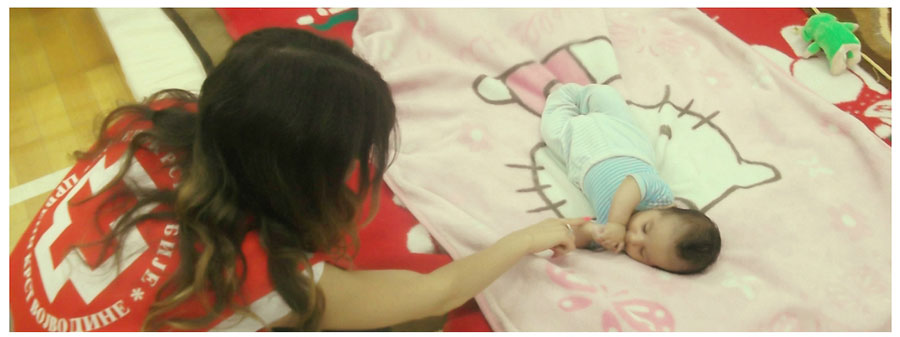
Osnovni principi predstavljaju izraz doktrine Međunarodnog pokreta Crvenog krsta i Crvenog polumeseca. Iako nisu postojali od samog početka oni se mogu prepoznati u osnovnim idejama koje su dovele do stvaranja Crvenog krsta. Za razvoj i definisanje Osnovnih principa od najveće je važosti rad Žan Piktea (Jean Pictet) ''Principi Crvenog krsta'' objavljen 1956. godine.
Osnovni principi su službeno proglašeni na 20. Međunarodnoj konferenciji 1965. godine u Beču. Veoma je važno naglasiti da zbog njihovog usvajanja na Međunarodnoj konferenciji oni obavezuju sve sastavne delove Međunarodnog pokreta, ali i sve države članice Ženevskih konvencija.
U ostvarivanju navedenih ciljeva i zadataka, Crveni krst Srbije pomaže svim ljudima, bez bilo kakve neposredne ili posredne diskriminacije po bilo kom osnovu, a naročito zbog rase, boje, pola, nacionalne pripadnosti, društvenog porekla, rođenja ili sličnog statusa, veroispovesti, političkog ili drugog uverenja, imovnog stanja, kulture, jezika, starosti ili psihičkog ili fizičkog invaliditeta.
Rad Crvenog krsta Srbije se bazira na opštim i osnovnim principima međunarodnog pokreta crvenog krsta i crvenog polumeseca:
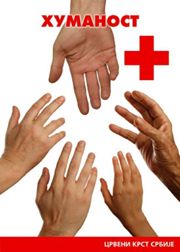
Humanity
The International Red Cross and Red Crescent Movement, born of a desire to bring assistance without discrimination to the wounded on the battlefield, endeavours, in its international and national capacity, to prevent and alleviate human suffering wherever it may be found. Its purpose is to protect life and health and to ensure respect for the human being. It promotes mutual understanding, friendship, cooperation and lasting peace amongst all peoples.
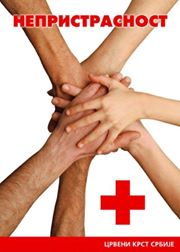
Impartiality
It makes no discrimination as to nationality, race, religious beliefs, class or political opinions. It endeavours to relieve the suffering of individuals, being guided solely by their needs, and to give priority to the most urgent cases of distress.
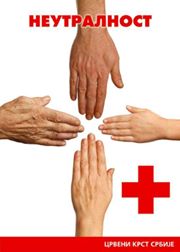
Neutrality
In order to continue to enjoy the confidence of all, the Movement may not take sides in hostilities or engage at any time in controversies of a political, racial, religious or ideological nature.
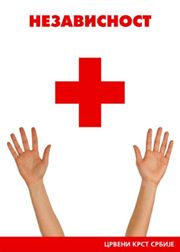
Independence
The Movement is independent. The National Societies, while auxiliaries in the humanitarian services of their governments and subject to the laws of their respective countries, must always maintain their autonomy so that they may be able at all times to act in accordance with the principles of the Movement.
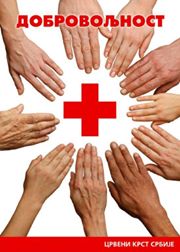
Voluntary Service
It is a voluntary relief movement not prompted in any manner by desire for gain.
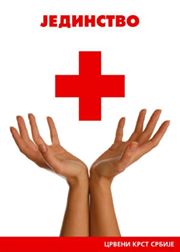
Unity
There can be only one Red Cross or one Red Crescent Society in any one country. It must be open to all. It must carry on its humanitarian work throughout its territory.
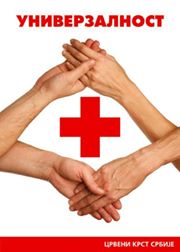
Universality
The International Red Cross and Red Crescent Movement, in which all Societies have equal status and share equal responsibilities and duties in helping each other, is worldwide.
